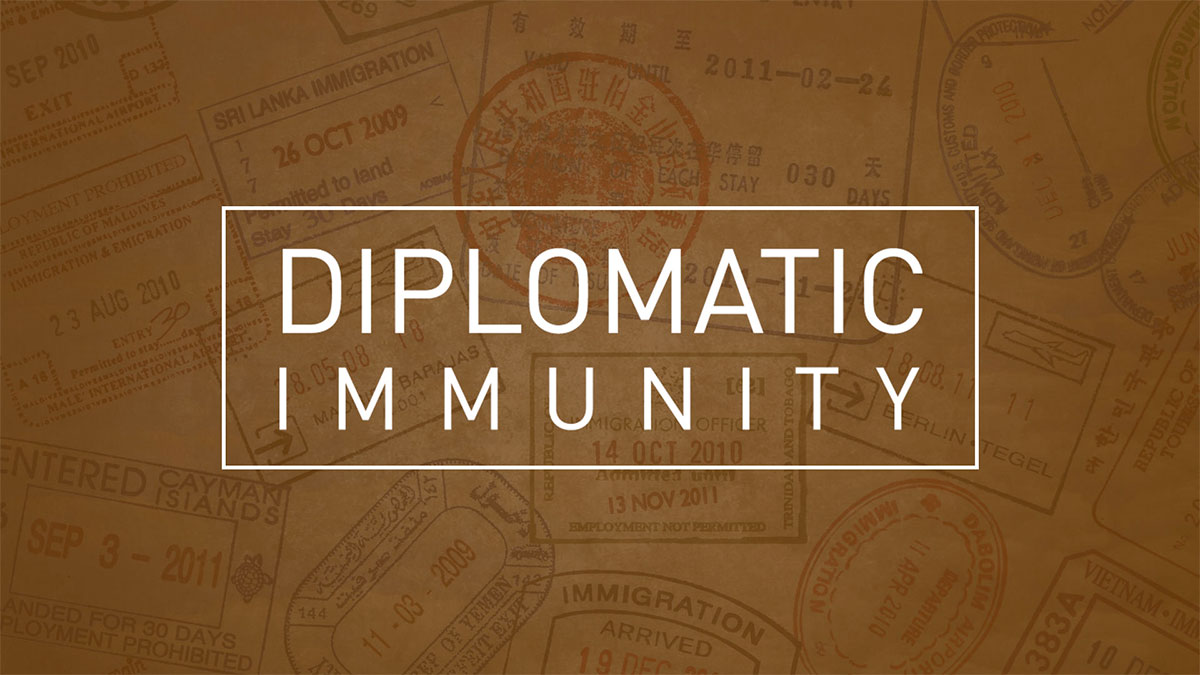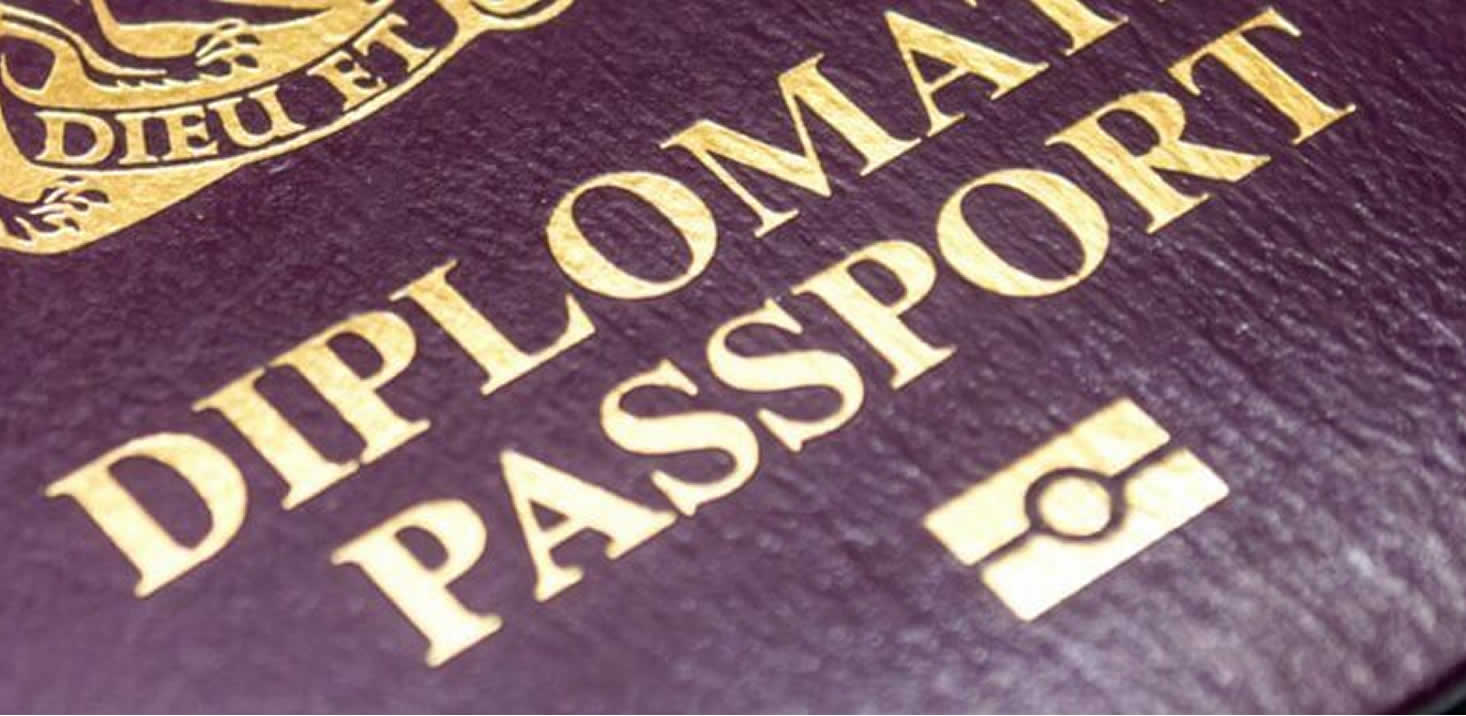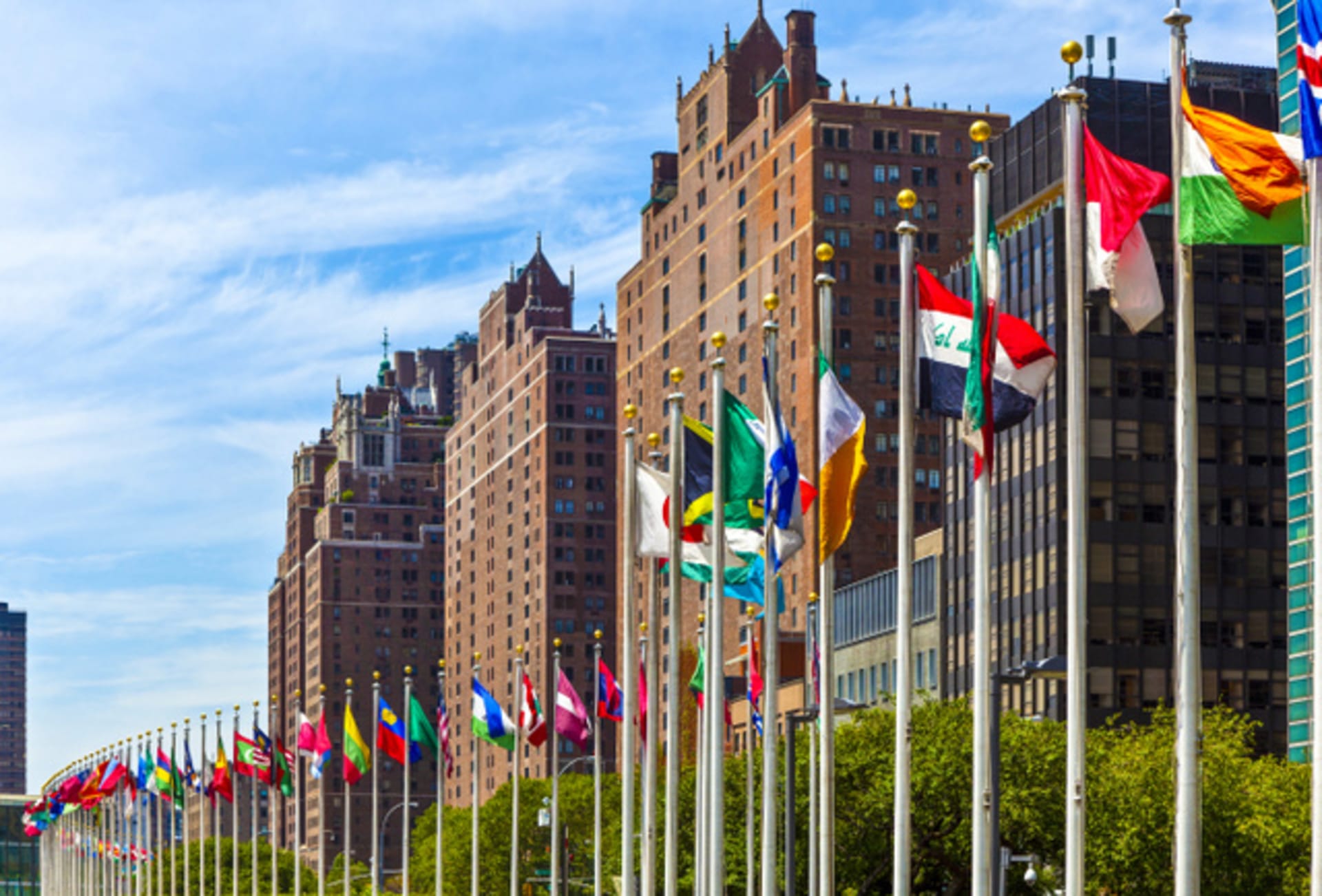If you’re the kind of person who enjoys a good spy novel, or simply have a passing interest in world politics, you’re likely to be familiar with the term “diplomatic immunity”, which refers to a piece of international law that limits the degree to which foreign government and international organization officials and employees are subject to the authority of police officers and judges in their country of assignment. In this article, we will look at the legislation surrounding diplomatic immunity, as outlined by the Vienna Convention on Diplomatic Relations, of which most countries across the world are adoptees.
The important thing to remember is that diplomatic immunity is not the same as “sovereign immunity,” which applies to the person and property of foreign governments themselves and might be discussed in a subsequent article. Also, diplomatic immunity does not apply to all foreign government or international organization officials and employees. Furthermore, there are levels to the amount of diplomatic immunity a person may enjoy, depending on various factors.
Diplomatic Immunity for Embassy Personnel
When talking about diplomatic immunity for embassy personnel, there are several distinctions to make. For instance, the highest-ranking members, such as the ambassador, who deal directly with their host country’s officials on behalf of their home country, enjoy the highest degree of immunity. This also applies to their family members.
They cannot be detained or arrested by local law enforcement. Nor can their properties be searched or seized. These diplomats cannot be prosecuted or otherwise forced to appear in criminal court. Nor can they be sued in civil courts, except for their personal and non-official involvement in certain commercial, real-estate or inheritance-related matters, or for their separate professional activities.
A second category of embassy personnel, the administrative and technical staff who directly support diplomatic activities, enjoy the same immunity from police actions and criminal courts, but a lesser degree of immunity from civil courts. They can be sued like anyone else, except for acts performed in connection with their official function.
Yet other embassy employees who only indirectly support diplomatic activities, enjoy the lowest degree of immunity. They have (either criminal or civil) immunity only for acts performed in connection with their embassy role. In the second and third categories, family members enjoy no immunity at all.
Finally, no immunity applies to embassy employees or the family members of such employees, who are nationals or permanent residents of the host country.
Diplomatic Immunity for Consular Personnel
Consular personnel generally enjoy less immunity than embassy personnel.
Consular officers (career consuls and other foreign government officials responsible for issuing travel documents, promoting commerce or tourism, and similar functions) enjoy full immunity for acts performed in connection with their official function. However, they are otherwise fully subject to criminal prosecution, except that they may be detained only in felony cases. Their property can be searched by police officers. They can also be sued like private citizens—although they are prohibited (by international law) from engaging in commercial or professional activities outside their official functions.
Consulates’ administrative and technical staff are not prohibited from engaging in commercial or professional activities outside their official functions. However, they enjoy immunity only for acts performed in connection with their official functions.
Other consular employees enjoy almost no immunity, except that they cannot be forced to appear as witnesses in court for purposes of providing evidence about official consular affairs.
No immunity applies to consular personnel who are nationals or permanent residents of the host country, except that honorary consuls enjoy immunity for acts performed in connection with their official functions.
Diplomatic Immunity for International Organization Representatives and Personnel
Interestingly, international law is often less important than national laws when it comes to defining the immunity of representatives and personnel of international organizations such as the United Nations or the International Monetary Fund.
Under U.S. law, high-ranking international government representatives (members of national missions who are assigned to international organizations) usually enjoy as much immunity as diplomatic agents, while all other national mission staff enjoy immunity only for acts performed in connection with their official functions.
Similarly, most international organization personnel enjoy immunity only for acts performed in connection with their official function, while some (but not all) high ranking officials may sometimes enjoy almost as much immunity as diplomatic agents.
What Diplomatic Immunity Does Not Mean
Having diplomatic immunity doesn’t mean you can act like Arjen Rudd from Lethal Weapon 2 and do whatever you want. Police officers can disregard it whenever necessary to prevent a grave crime or an imminent danger to public safety.
In cases of a traffic violation, even though diplomatic vehicles may not be impounded, police officers are still allowed to issue citations, and host governments may suspend driving privileges.
In addition, host countries can request that home countries waive a crime suspect’s immunity. In the alternative, host countries may expel the suspect from their territory.
Finally, especially when the principle extends only to acts performed in connection with official functions, it is important to note that it is host country judges themselves who get to define the limits of immunity.



